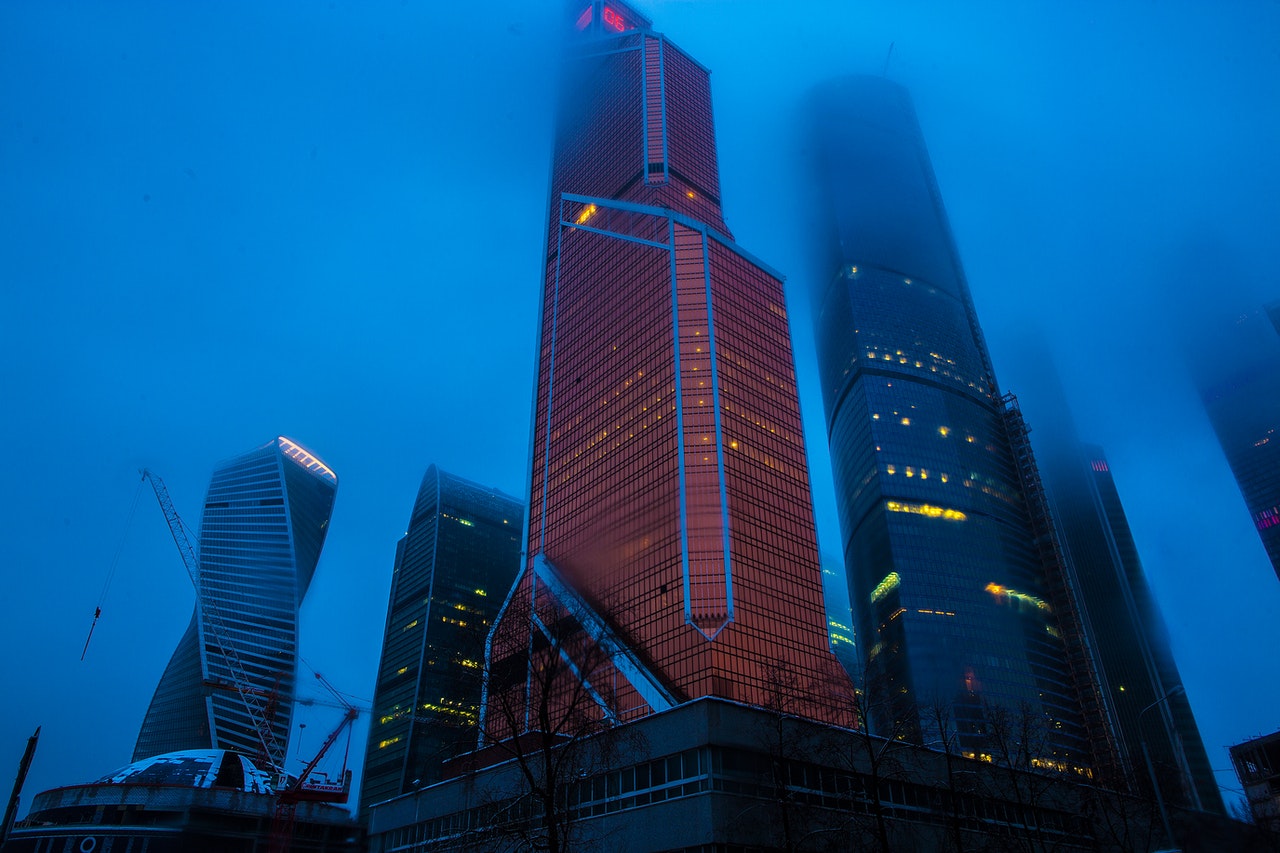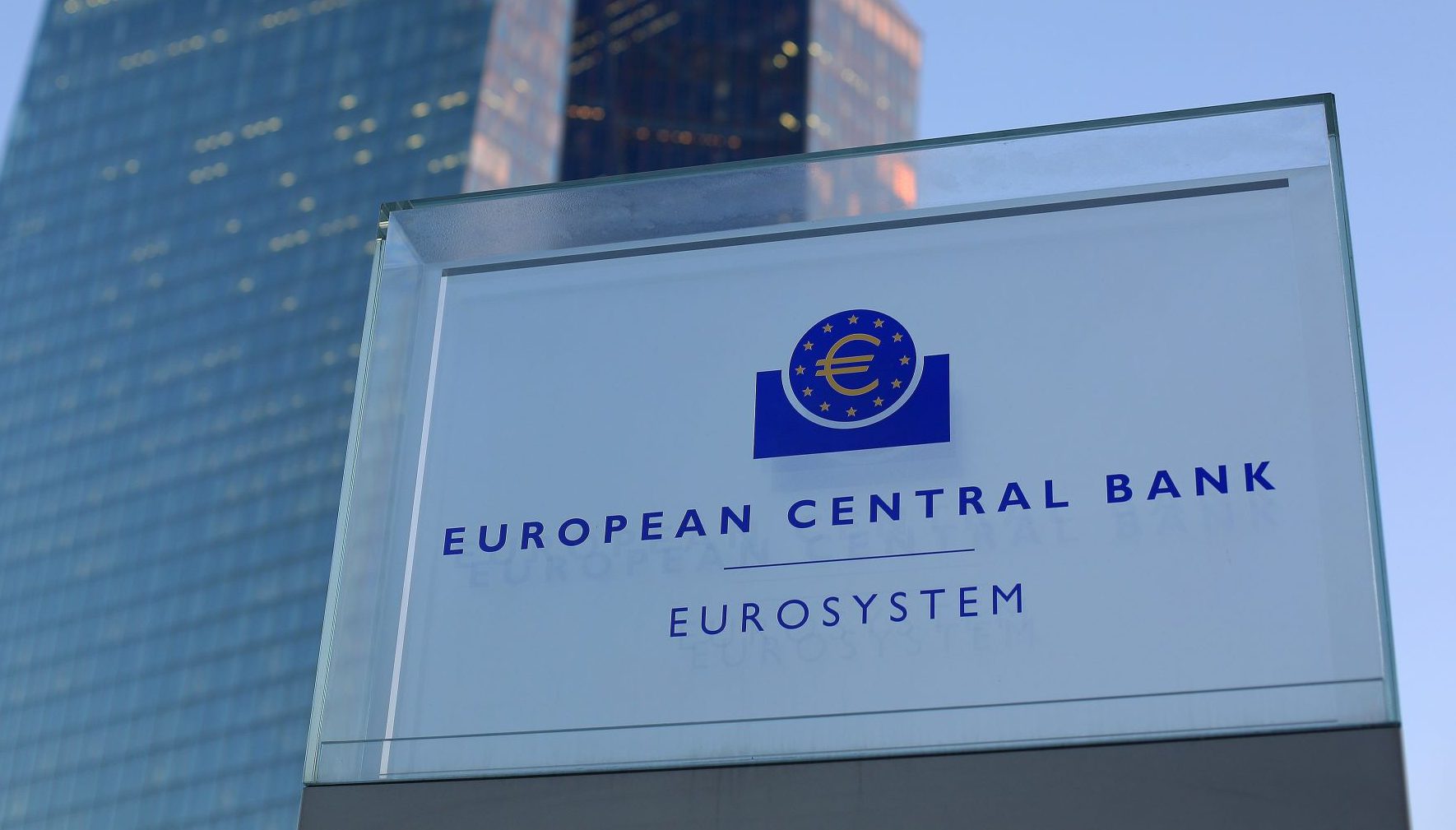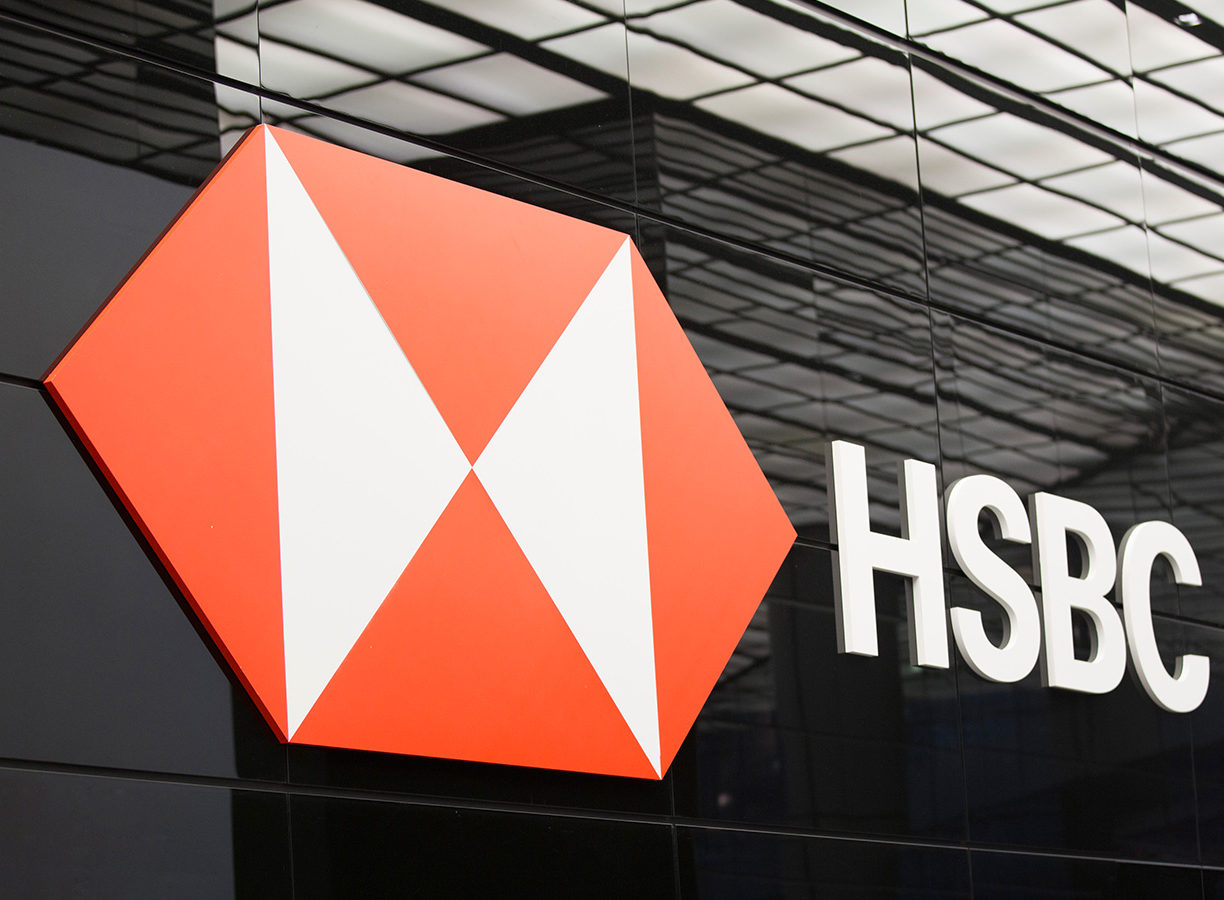Russia has turned to its foreign assets, which were frozen as part of a raft of sanctions against the country following its invasion of Ukraine, to pay its debt to foreign banks, which is estimated to be around €121 billion.
Russian Minister for Finance Anton Siluanov said that the country had made good on its obligations to creditors, but admitted that the “possibility of impossibility of fulfilling our obligations in foreign currency does not depend on us,” in comments made to state media Russia Today.
“We have the money, we made the payment, now the ball is in America’s court,” he said.
However, a United States Treasury spokesman said the payments, which amount of €117 million, would be allowed to go through.
The payment, interest on maturing dollar-denominated eurobonds, is an attempt by Russia to avoid its first international default in more than a century.
The last time Russia did not repay foreign investors was in 1917, in the wake of the Bolshevik Revolution, which saw the country refuse to pay the Tsar’s obligations.
However, its last domestic default was much more recent, coming in 1998.
The interest payment now serves as the first test of Russia’s ability to pay its debts while its economy reels from unprecedented sanctions.
Russia said that if the US blocked the payment, it would try to pay in roubles rather than dollars, although credit rating agency Fitch Ratings warned that could constitute a default.
The country’s foreign reserves total about $315 billion. On the face of it, this is plenty to pay off its debts, but around half of those funds are frozen due to Western sanctions.
Western banks and companies are not as exposed to Russia as they once were, following Russia’s annexation of Crimea in 2014, which also led to sanctions, albeit far less onerous ones.
In early April, the country will be expected to make a much larger payment of about €2 billion. It remains to be seen how Russia will continue to honour its commitments.
American icon Tupperware files for bankruptcy
The company has faced a decline in sales over recent years
ECB lowers key interest rates by 25 basis points in response to inflation outlook
While inflation remains high, the ECB projects it will ease in the second half of next year
HSBC Malta share price drops sharply following strategic review announcement
Market analysts suggest that the uncertainty surrounding the review, with speculation of an impending sale, has fuelled investor concerns






